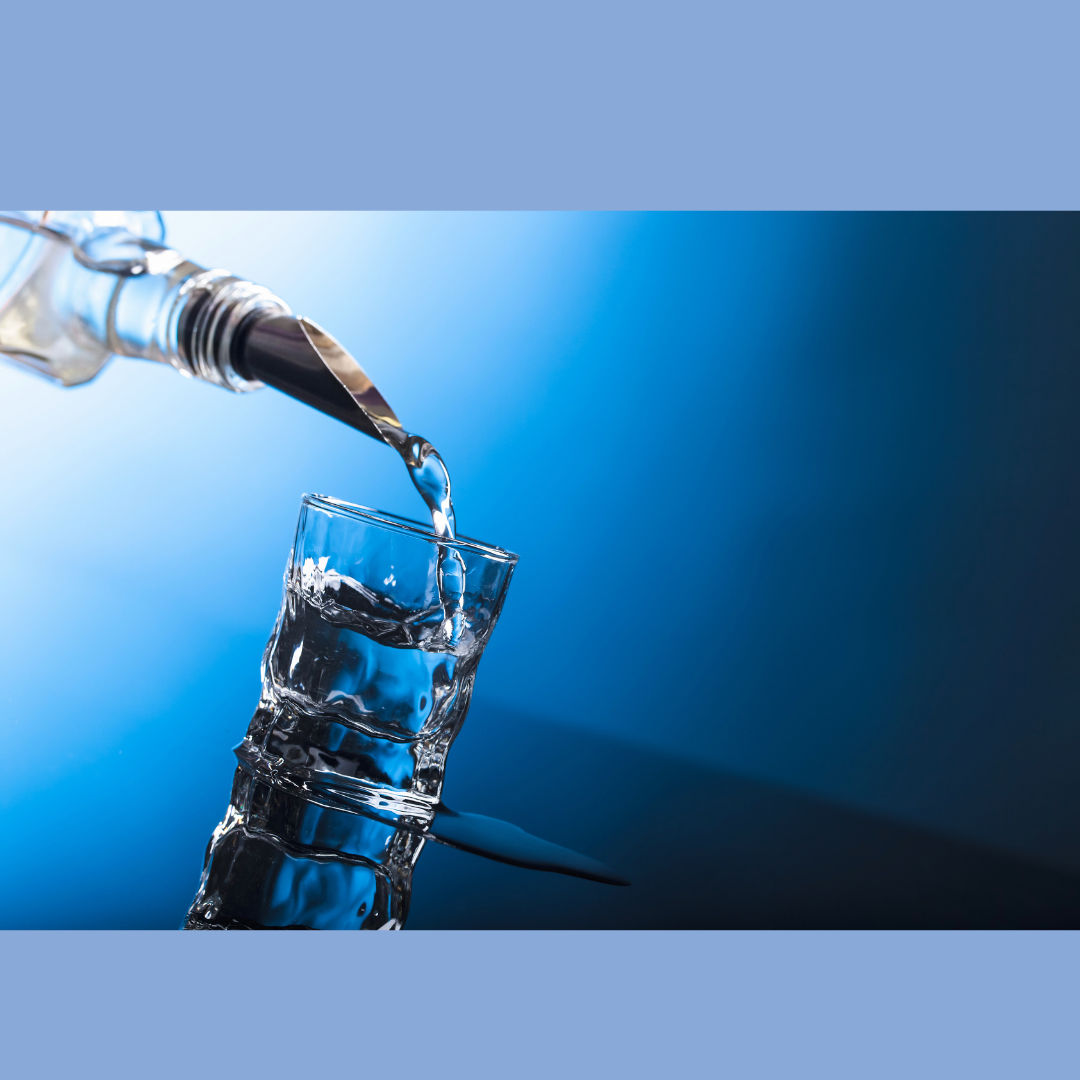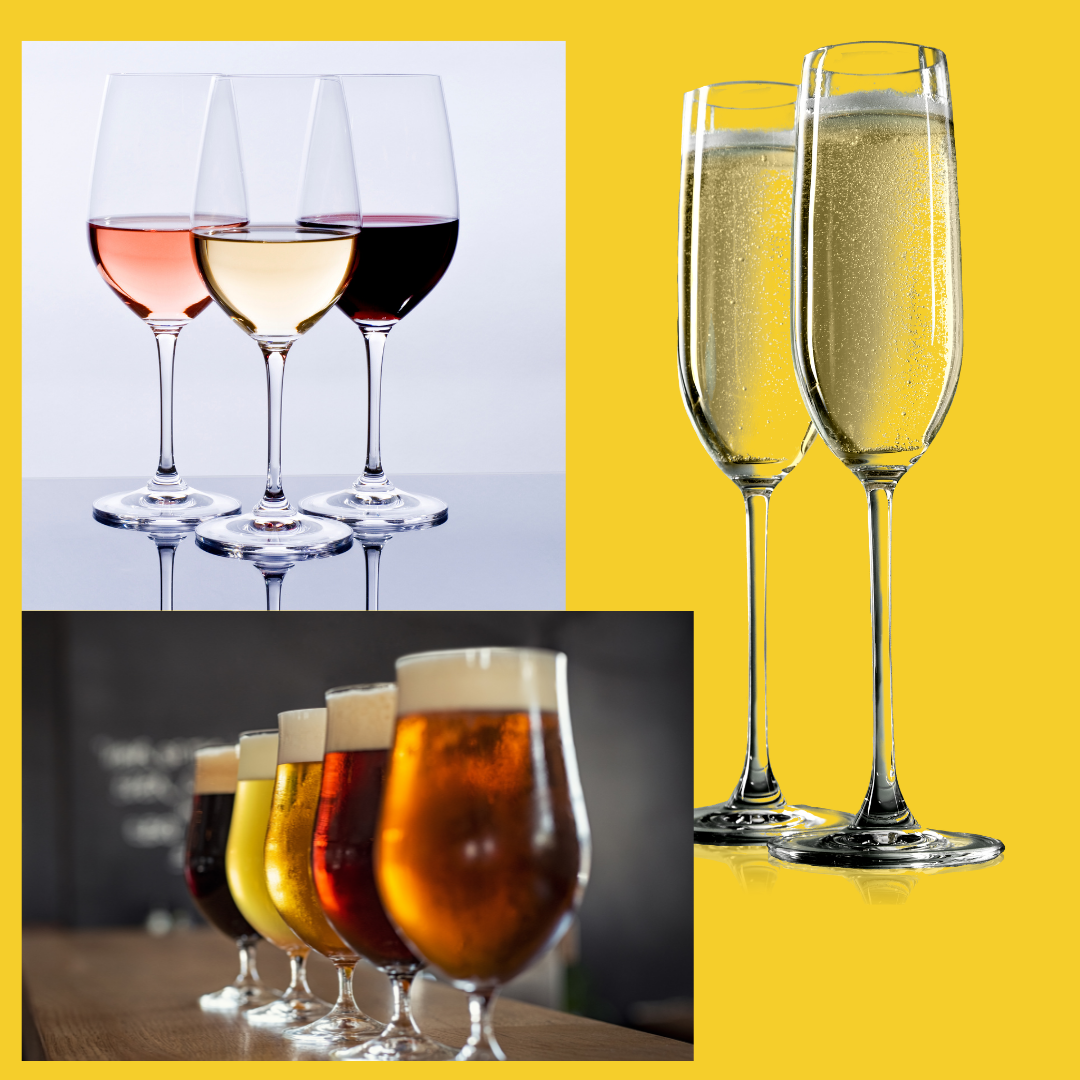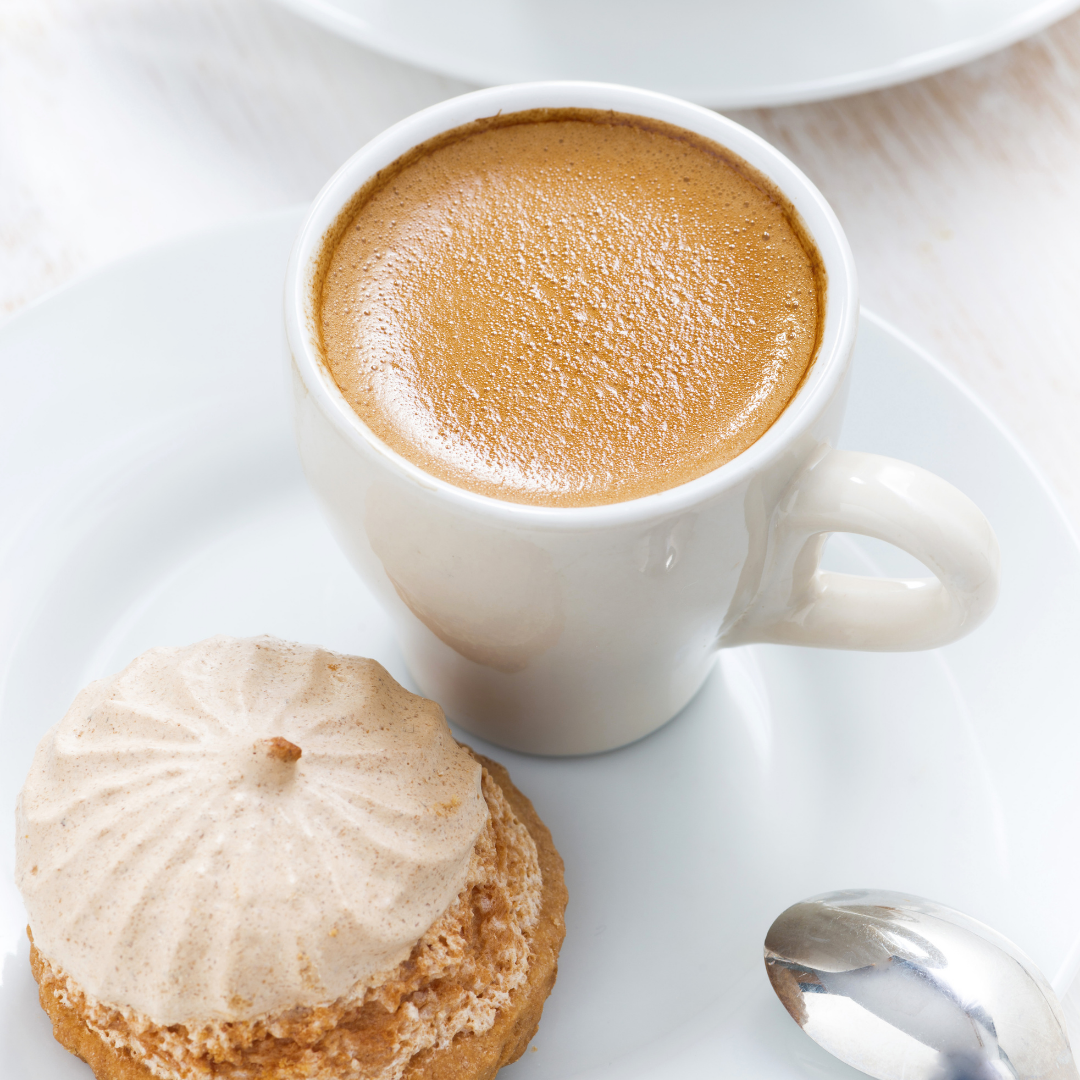“Hast du Kummer mit den Deinen – trink dich einen
Ist der Kummer dann vorbei – trink dich zwei“
„If you have sorrow with your own – have a drink.
When the sorrow is over – drink two.“

I grew up with this Rhineland saying. Alcohol was only attributed to good qualities – comforter in times of sorrow, toasting of all important life events from baptisms to family celebrations, weddings, christenings of children to funeral feasts… And anyone who had drunk one too many could (and can) be sure of the sympathy of acquaintances, relatives, and friends.
It is reassuring to observe that among the students and members of the opera studios, as well as in my 18-year-old granddaughter’s generation, an increasingly large number of young people drink no or hardly any alcohol.
However, in my generation and those now aged 40 to 50, alcohol is the constant, reliable companion in all circumstances. Alcohol is the only drug people in society look for an „excuse“ NOT to consume!
Nicotine addiction has long been recognised as a severe problem. The smoke clouds have disappeared from pubs. One can no longer imagine smoking in households and restaurants and hardly remember how one could not get the stench out of one’s home, clothes, skin and hair for days.
But it is hard to imagine our „Opera-Milieu“ without alcohol: the champagne after the premiere, the glass(es) after a hard day of rehearsals, the little champagne of the Three Ladies in one of the dressing rooms between the penultimate and the last ensemble, the real red wine in the third act of Rosenkavalier. And then, of course, the beer/wine, because one does NOT have a performance and treats oneself, not to mention a holiday.

Alcohol (still) has a very positive connotation, also in opera circles.
Why am I dwelling on this subject right now?
Let me elaborate a little:
Singing releases endorphins; this neurotransmitter makes us feel elated, reduces pain sensation, and gives us positive energy. Singing has been proven to make you happy, and this happiness is multiplied by singing with an orchestra, a great pianist, in an ensemble with other singers. Then the interaction with the audience – those waves of energy that you feel very well as a singer, the moment when you have got your public „on the hook“ and the emotions you trigger with your singing come back to you and give you new energy.
All this is the most wonderful job in the world – when it happens.
THEN CAME COVID
No orchestra, no colleagues, no audience, for some of us, not even the possibility to sing – because of the neighbours – one likes to go to the opera, but at home, one doesn’t want to be bothered with the singing noise. During the Covid waves, our fellow humans were also at home and correspondingly irritated.
No happiness through singing – what now?
Alcohol triggers a release of dopamine in a short time. Dopamine is another of those neurotransmitters that can provide feelings of happiness – that pleasant buzzing feeling after the first glass, after just a few minutes, depending on the contents of your stomach. Then everything doesn’t look so bad anymore. This state lasts for about 20-30 minutes. After that, the body, which is naturally concerned with balance, begins to compensate for the sudden imbalance of the dopamine excess and produces, among other things, the stress hormone cortisol as an antidote (Tristan, Act 1, we remember „für böse Gifte Gegengifte“). This causes dopamine to drop rapidly, and the only thing that seems to help against it is, well? Exactly: the next glass. Funnily enough, however, no state afterwards is as „nice“ as the first buzz, but the body keeps looking for the first „kick“. This is how addiction can develop.
During the lockdown, after a while, I drank „my glass of wine“ every day, one when cooking (for the first relieving buzz) and then often another one with dinner. Sometimes it was half a bottle. „So what?“ may some people of wine regions like Baden say- „this is just a quarter and a little eighth „… I hate being drunk; that probably saved me from more, but at some point, I started to think about this regularity of alcohol in my lockdown life. I spoke to colleagues on the phone and found that many were doing the same – so gradually, we slipped into collective drunkenness. As an active singer, you can’t get very drunk because the complicated coordination of the vocal apparatus and getting drunk are absolutely incompatible. During Covid, alcohol seemed to be an absolute comfort for many of us.
ALCOHOL CAUSES DEPENDENCY – we don’t have to discuss that; there is scientific proof. It seems to make little difference whether you drink yourself into a coma every day or drink a little regularly – that, too can be addictive. By the way, the story about the „alcohol gene“, which some of us carry and others don’t, is also very controversial nowadays. The substance is to blame, not our genes! But family habits, see the beginning of the article, do something to us.
The latest research suggests that people who can drink one glass and stop are „not ready“ for addiction.
But – if you only have a drink now and then and otherwise the subject of alcohol leaves you cold, you don’t have to read on now.
How do we, who have difficulty stopping after one drink, get out of it now? The lockdown is history, and those of us who have slipped lower than we wanted to might have a problem.
The WHO (World Health Organization) and the German Society for Addiction Issues come to the following conclusion in the latest studies:
Alcohol consumption is harmless if you:
– do not drink alcohol at least two days per week.
– as a woman, drink no more than 12 grams of alcohol per day, i.e. no more than a small glass of wine (0.125 litres / 0,264 US pints / 0,219 British Pints). This corresponds to 60 grams spread over a week with two alcohol-free days.
– as a man, drink no more than 24 grams of alcohol per day, i.e. two small glasses of beer (0.6 litres / 1,268 US Pints / 1,056 British Pints). This corresponds to 120 grams spread over a week with two alcohol-free days.
For the average German drinker, that equals nothing! (For the French drinker, too; I use these examples because I live in both countries and know my way around).
Please don’t look for internet tests to find out if you have a drinking problem! The latest tests will probably tell you that you have one; the „friendlier“ older tests are a bit more generous.
When do we have a drinking problem?
– We have a drinking problem when we often wonder whether it would be better to drink less.
– We have a problem when the 6 pm feeling (which can quickly shift forwards or backwards) signals that we would now like a glass of something alcoholic to relax.
– We then have a problem when we tell ourselves in the morning (or, more likely, during the night between 3 and 4) that we’d better not drink today and come up with strategies like „never before 6 pm – only at weekends – only three times a week – no hard stuff etc. etc.“.
If thinking about alcohol is becoming more frequent, it’s time to do something about it.
But red wine is healthy, isn’t it?
The latest research shows that the alcohol industry mainly sponsors articles about the supposedly healthy glass of red wine (because of the heart).
One article from 2021 states: „In their article in the Biology Letters of the British Royal Society, the research team took a close look at studies on the health-promoting effects of red wine. They concluded that the marketing of red wine as a health drink is inappropriate according to current knowledge. Although a life-prolonging effect of resveratrol, the crucial substance in grapes, has been proven in lower organisms such as yeasts and nematodes, this has not yet been the case for humans.“
Since human beings are neither yeasts nor threadworms, it remains to be said that resveratrol can be healthy, but it is also found in red grape juice and does not necessarily have to be fermented to be effective. Alcohol is a cell poison that can attack every organ of the body!
So taking an alcohol break would be an excellent first step. By the way, it is never too early to stop drinking…
How can you manage the alcohol break?
The only thing that can help is a change of mindset; willpower alone is far too exhausting. You will succeed with more ease if you convince yourself:
– that the 20-30 minutes of elation from the first drink are not worth burdening your life with the harmful effects of alcohol,
– that alcohol is not your friend but your enemy,
– that you’re not saying goodbye to a friend but sending a vile enemy packing (at least for a while)!
– that you are not renouncing something but gaining freedom from something that takes up far too much space in your life!
Alcohol is NOT something that increases the joy of life in the long run. On the contrary, alcohol can trigger the most severe depression; science has proved this in recent years. If it had already been there when my father took his own life in 2003, it certainly wouldn’t have had to come to this. He had slipped from an alcohol dependency (triggered by „quite normal“ Rhineland drinking) into a severe depression, which he put an end to himself after more than 20 years.
Where can you find help?
in English:
Books/programmes/websites that I find helpful (all written by „tight“ alcoholics who have turned the wheel at some point – it doesn’t have to get that far):
– Annie Grace: This Naked Mind and the 30-day programme „The Alcohol Experiment„. Quite entertainingly done, a mix of experience, kitchen gossip and natural science; daily videos, but Annie’s speaking voice is not something you should mind as a singer;) Free of charge, donation-based.
– Allen Carr: The easy way to control alcohol. He applies his proven anti-smoking concept to alcohol.
– William Port: Alcohol explained – great information, very factual.
– Catherine Gray: The unexpected joy of being sober. Journalistic, good to read
in German
– kenn-dein-limit.de – THE German addiction site
– Daniel Schreiber: Nüchtern – Über das Trinken und das Glück – a fabulously written account of experiences, not yet in English
– Gaby Guzek/Dr. med. Bernd Guzek: Alcohol adé. They work with quite a few additives like GABA, vitamins, trace elements, too complicated for me but apparently effective. Forum and paid 30-day programme: www.alkohol-ade.com
– Prof. Dr Johannes Lindenmeyer: Lieber schlau als blau. Scientific, unembellished and tremendously competent – Lindenmeyer is the head of an addiction clinic and since 2010 has been the head of a master’s programme in „addiction support“ (!)
Regular drinking is playing with fire; we don’t know when it will „tip over“ and become dangerous!
And afterwards?
What happens when you stop drinking alcohol?
– You never have to think about whether you might have said or written something stupid while slightly tipsy.
– Most of the time, you can think clearly – and you realise that it is sometimes not easy to think clearly even „without“ 🙂
– After about two weeks, the skin becomes visibly more refined.
– After a month, the whole body tissue becomes firmer.
– You sleep much better.
– You gradually notice again how beautiful life is in 24/7 clarity.
After just a few days, the desire for alcohol diminishes. And if it gets the better of you, do the same breathing exercises that help with nervousness! Drink a glass of something else: red grape juice, kombucha, non-alcoholic cider (amazingly delicious), non-alcoholic beer (if you have a massive alcohol problem, that’s contra-indicated because there’s still a mini-rest of booze in it), tonic, spritzers of all kinds. There’s also non-alcoholic wine – definitely not my thing.
By the way, you might not lose weight right away even though you cut out the alcohol calories: if you don’t drink any more, you might eat more sweets at first. There are clever biochemical explanations for this. Don’t be too hard on yourself; it will wear off again!

What can be challenging:
If you don’t round off life’s corners with alcohol, you will experience everything unadorned.
The good news:
You get used to it and can start to clear your mind of stressful things. It takes 66 days to reprogram a habit, which is what a recent study from University College in London says.
I can only encourage you to try the experiment of not drinking for a while. Our pandemic-laden livers and brains will thank us! My few months without the wrong friend, alcohol, have done me a world of good so far.
Have fun, and see you soon,
Hedwig
PS: This is not a scientific article, so there are no sources, but if you search a bit, you can find the respective information on the net.
YOU DON’T WANT TO MISS THE NEXT BLOG-POST? CLICK HERE
